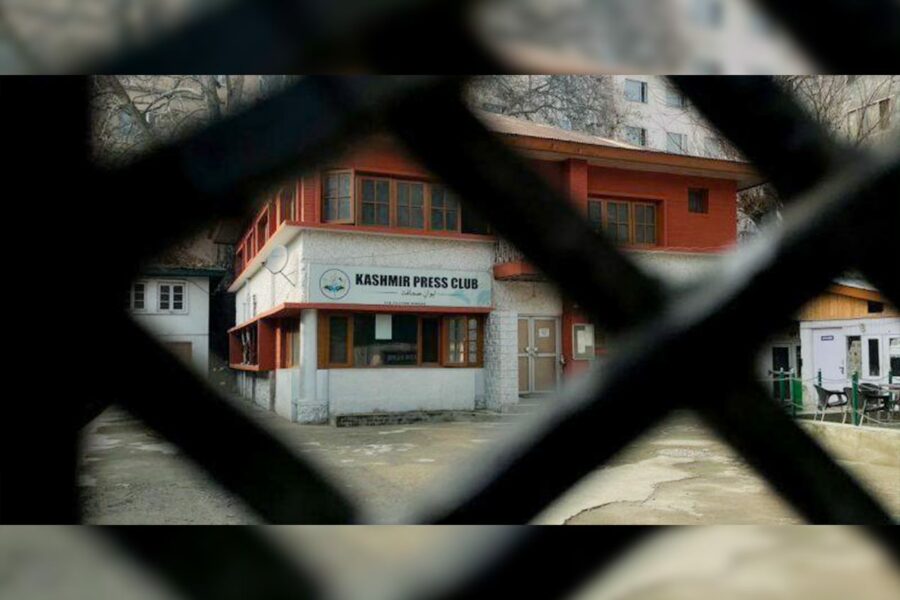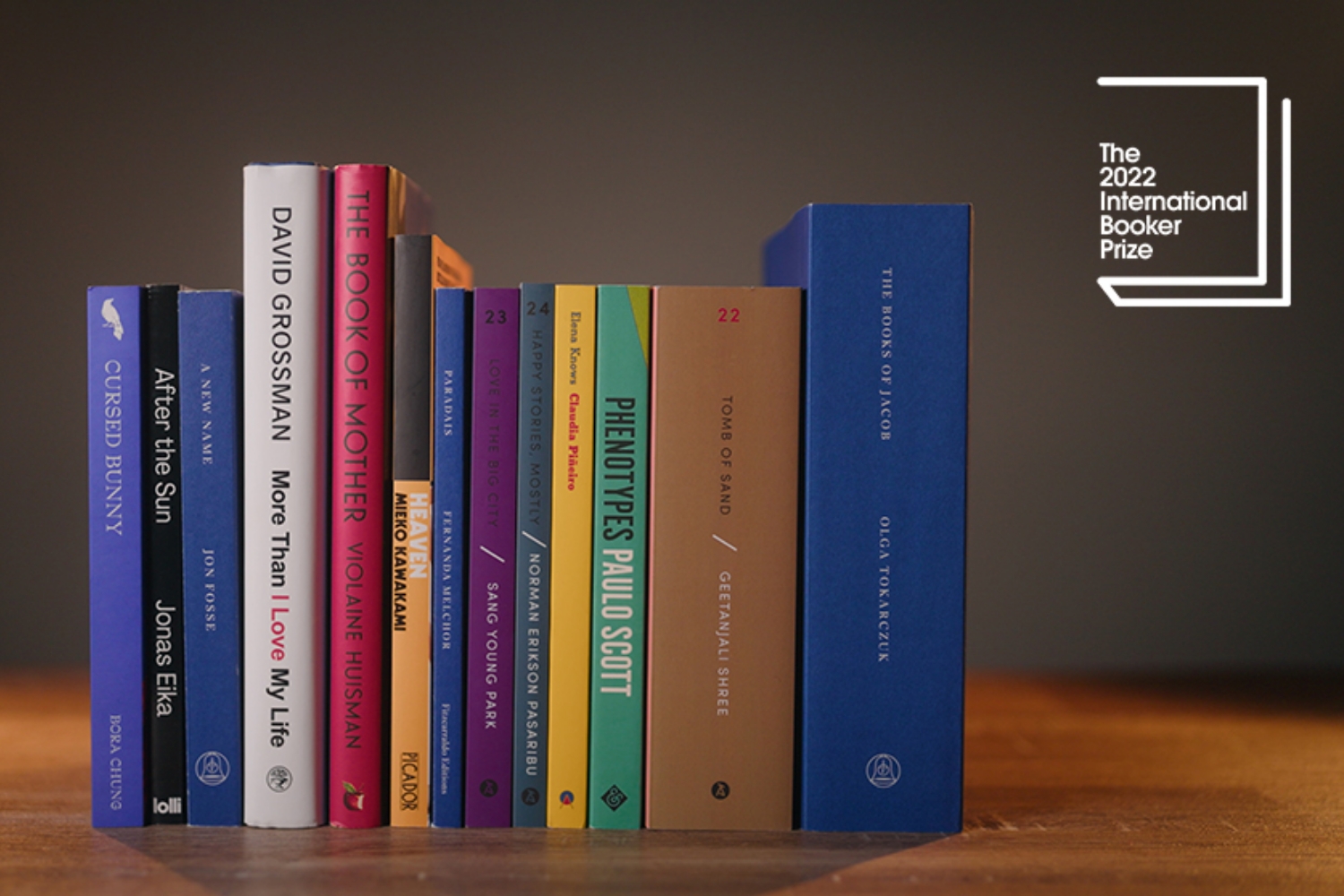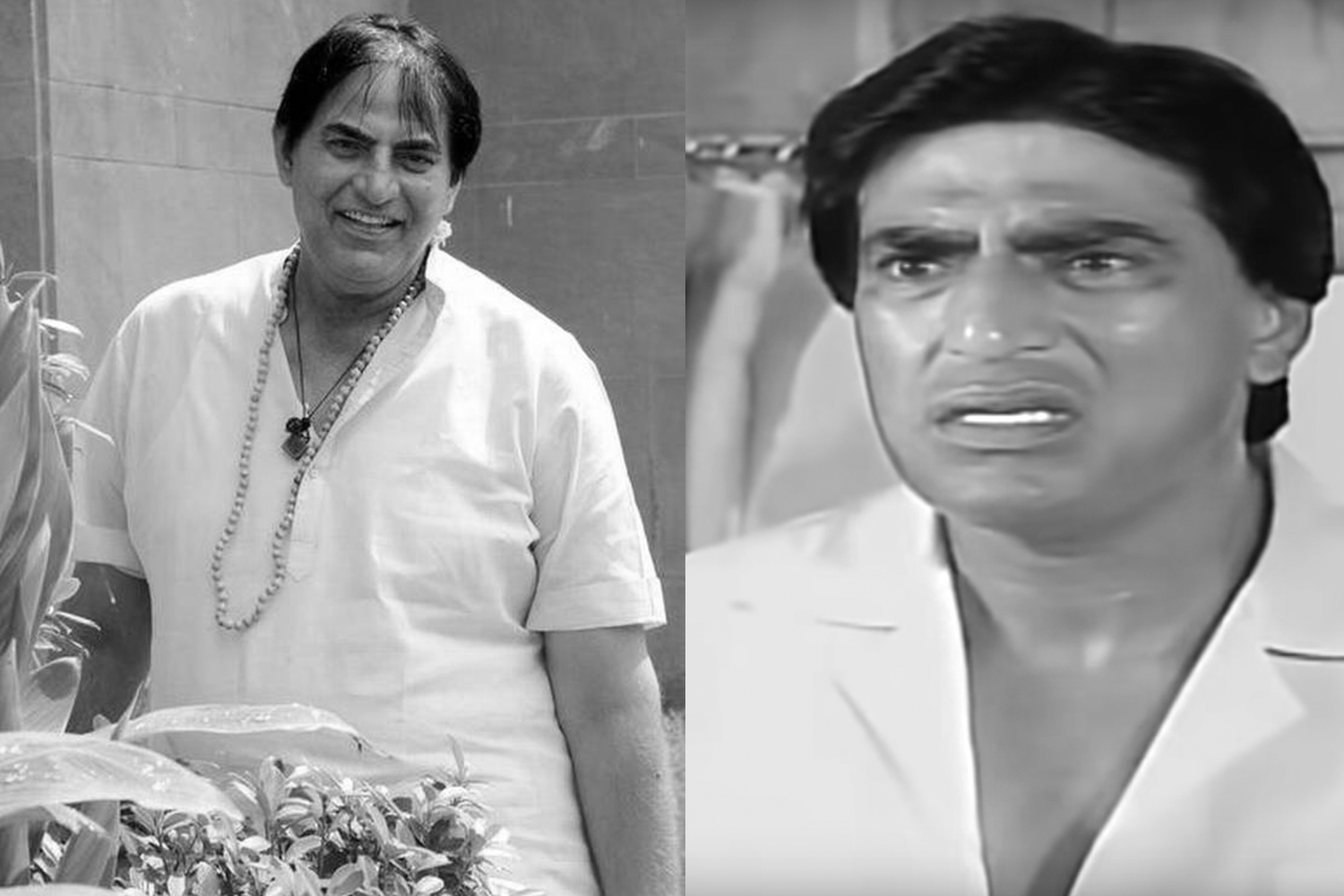The Kashmir Press Club was shut down on Monday, a couple of days after the takeover of the institution by a group of journalists with the active support of the state police and CRPF. Expressing ‘deep anguish’ over the action, the Editors Guild of India issued a statement condemning the move, on Tuesday.
“With the shutting down of the club and government reverting the land back to the Estates Department, an important journalistic institution in a region that has seen the worst kind of state heavy handedness against any independent media, has been effectively dismantled,” the Guild said.
Several organisations, such as the Press Club of India, the Mumbai Press Club (MPC), and the Editors Guild, had issued statements on Sunday condemning the “forcible takeover” of the Kashmir Press Club and insisting on its immediate restoration and an independent inquiry into the role of armed police forces in the incident.
After Article 370 for Jammu and Kashmir was overturned and the state became a union territory in 2018, the 300-member Kashmir Press Club had applied for a re-registration in May 2021, as required by an April 2021 notification, MPC’s statement explained. On December 29, a Registration Certificate under the Societies Act was issued to the KPC, after a long verification process by the District Commissioner.
Following this, on Thursday, the club, which was under interim management post the re-registration, announced that elections would be held on February 15, to select a new management body as well as executive committee.
The next day, the administration issued an order stating that the re-registration of the club was temporarily suspended pending the receipt of a final report from the Additional District Magistrate, Srinagar. And on Saturday, a group of journalists, led by journalist Saleem Pandit, barged into the premises of the KPC and declaring themselves to be an ‘interim’ body, seized the club with the help of armed policemen, who entered the club without due warrant.
In their statements, the various press bodies urged the restoration of the KPC’s registration as well as the facilitation of the scheduled elections in a peaceful manner.

Meanwhile, addressing the media, Pandit said, “We should not be considered as having taken it [the club] over by force. Since there has been a delay in conducting the elections, we have taken it over to run the day-to-day affairs of the club. Give us time, we will do everything for the club, we will build it and ensure it flourishes and work for the welfare of the journalists.”
“We have only decided on an interim president, general secretary and treasurer for the time being. Later, we will create several committees to look into different issues, such as the memberships – to check who are the members and if they are eligible to be members of the club,” Pandit further added.
On the other hand, calling the move “uncivil, illegal, unconstitutional and without any precedence,” the outgoing members of the KPC issued a statement expressing “anguish” over the “arbitrary takeover.”
Speaking to Silverscreen India, Geeta Seshu, co-founder of Free Speech Collective – an organisation that monitors and documents violation of free speech in the country with the aim to protect the right to freedom of expression and the right to dissent – called the takeover “shocking and disturbing.”
“For a faction of journalists to resort to such undemocratic methods to take over an independent journalists’ organisation is unheard of. Bringing armed escorts to a club created to provide a safe space for journalists in their work and recreation, sends a very alarming signal about the state of the media that already operates under huge pressure in one of the most militarised zones in the world,” she said.
She further noted that this takeover comes at a time when journalists in Kashmir are already “under extreme pressure and work in an atmosphere of intimidation and fear.” Seshu went on to add that such actions further destabilise independent media institutions and curtail their freedom.
The Kashmir region is notable for several such curbs on the freedom of the press, which have occurred with increasing frequency in recent times.
Recommended
Recently, a Kashmir-based journalist Sajad Gul was booked under the Public Safety Act (PSA) for posting a video on social media which showed a family protesting against the Indian government.
Other alarming incidents affecting the press include the killing of the editor of Rising Kashmir, Shujaat Bukhari, in June 2018; the FIR filed against journalist Peerzara Ashiq in April 2020 for a report he had filed for The Hindu; freelance photographer Masrat Zahra being charged under the Unlawful Activities Prevention Act (UAPA); the sudden sealing of the Srinagar office of the Kashmir Times in October 2020; Fahad Shah, the editor-in-chief of The Kashmir Walla, being detained for the third time for his writings in March 2021; and in April 2021, the issue of an advisory by the Kashmir Police forbidding journalists from reporting live encounters with militants.



